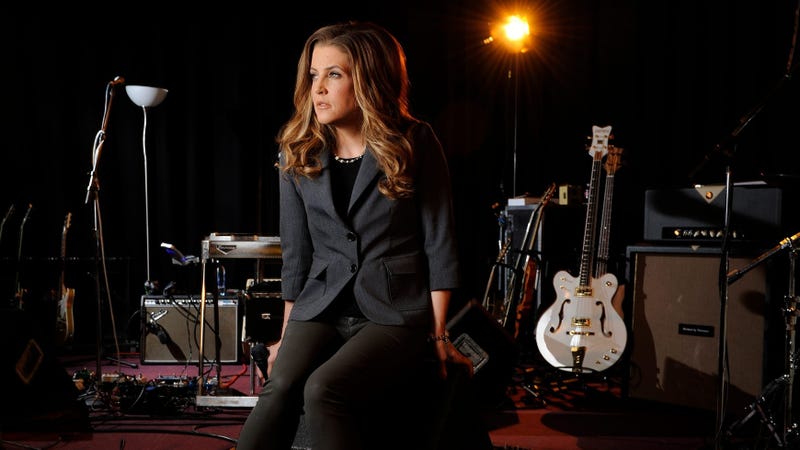
PHILADELPHIA (KYW Newsradio) — The sudden death this week of Lisa Marie Presley from cardiac arrest comes just 10 days after the nation watched Buffalo Bills safety Damar Hamlin collapse — and recover — from the same thing.
It may not be widely known that the way women’s bodies present signs of cardiac arrest may be very different from the way men’s bodies do. KYW Medical Editor Dr. Brian McDonough lays out some of those differences.
"It really is different for women than men. And most people know the classic signs: crushing chest pains, like there is an elephant on your chest; pain going down the arm, the left arm in particular; pain radiating to the jaw. They are the classic signs of heart attack, and if you have them, do not hesitate: Call 911. Get assistance right away,” McDonough said.
“But in some men and women, there are other symptoms, vaguer symptoms, that are harder to figure out: fatigue, sweating, perspiration, not feeling right, pain in some of those areas but in other areas as well, a gut feeling that I just don't feel right.”
Women tend to experience nausea, vomiting and shortness of breath as symptoms of heart trouble more often than men do. And if a woman has a heart attack, she is likely to feel a tightness throughout her chest that is often more subtle than the chest pain that men describe.

Statistics show that women are more likely than men to die from cardiac arrest.
Part of the reason is that women may not be seen by doctors quickly enough. If a woman feels that her doctor is not taking the symptoms she reports seriously, unfortunately, she must advocate for herself and insist on more testing and further medical opinions.
McDonough says, also, the protection women get from estrogen when they are younger diminishes as they age.
“When menopause hits, estrogen decreases. That protective effect decreases, and they're at the same risk, if not more, than men for having those issues.”
The bottom line, he says, is women are under levels of stress similar to those of men — if not greater. “Stress contributes, smoking contributes — all those risk factors, they hit women as well. And I think that's important,” McDonough said.
“You can't deny it, because if you deny it, you won't survive it.”

